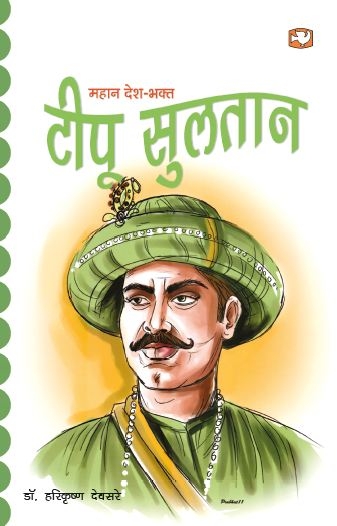
the inspiring life story of the great great patriot Tipu Sultan has been engraved. This book, equipped with beautiful pictures, is very useful for children.
Imprint: Hind Pocket Books
Published: May/2019
ISBN: 9789353492083
Length : 64 Pages
MRP : ₹70.00
Once deemed the most handsome man in Bollywood, Sanjay Khan’s tryst with fame and stardom led him to many adventures across the world. He is best remembered for his performances in films like Ek Phool Do Mali and Abdullah as well as his portrayal of the great Tipu Sultan on television. 60 episodes of Tipu Sultan were aired from 1990 to 1991. […]
